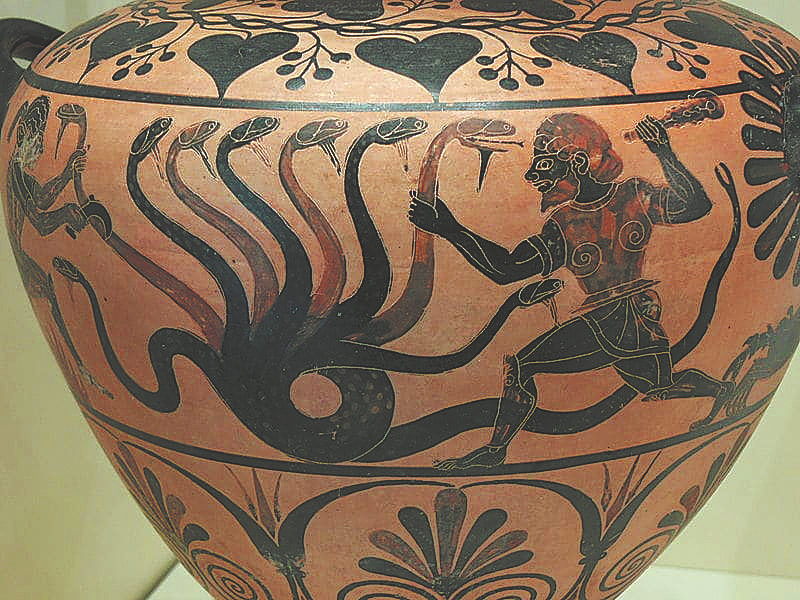Journey steeped in fog of myth


The snake in the Garden of Eden, which tempted Eve to eat the forbidden fruit from the Tree of Knowledge of Good and Evil, is traditionally viewed in the West as a force leading humanity to question and defy God's command.
By eating the fruit, Adam and Eve claimed the divine prerogative, asserting the right to define good and evil for themselves rather than trusting in God's wisdom.
This act of moral autonomy brought with it the burden of moral responsibility and what is often referred to in the biblical context as the "loss of innocence". Consequently, some modern interpretations, while acknowledging the view of the snake as a source of temptation in the Judeo-Christian tradition, see it less as purely evil and more as a catalyst for human agency and free will.
In fact, the snake's connection to the Tree of Knowledge is tied to its role as a guardian — of kings and gods, temples and tombs, treasures and knowledge — as well as its mysterious and ancient nature, which has long been associated with wisdom.
In the Gospel of Matthew, the first book of the New Testament of the Bible, Saint Matthew, one of the 12 apostles of Jesus Christ who's credited as the text's author, encouraged the believers to be discerning while maintaining moral purity.
"Be wise as serpents and innocent as doves," he said.
























